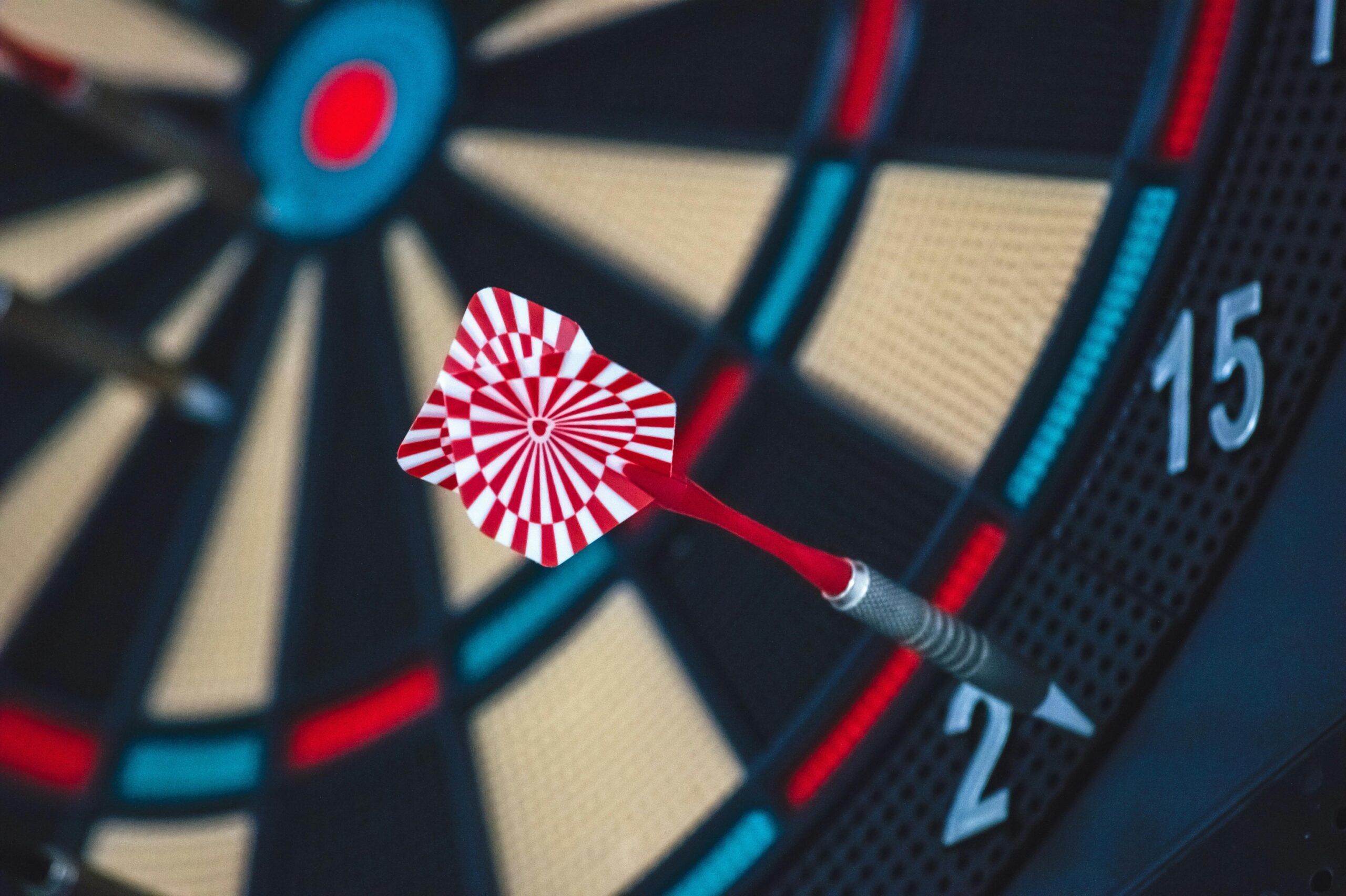The Fearless Mind
The first time I read the book “The Fearless Mind” by Craig Manning I was a sophomore in college. One of my friends bought the book at an event that Craig had spoken at, and on a lazy Sunday afternoon I picked it up and started reading. A few hours later I had read the book cover to cover. I think what I love most about “The Fearless Mind” is that it talks about a huge gap that most of us have in performance, but that we’re never taught about.
Below are some of my favorite quotations I’ve come across while rereading this past week:
“Not many people have the guts to sacrifice performance in the present for improved performance in the future.”
“The physical aspects of tennis were important for hitting the ball, but deciding where to hit the ball (decision making) is of greater significance than anything else”
“It’s very difficult to maintain confidence when making poor decisions”
“Every time an opportunity arises that we can build more confidence, we need to take advantage of it. After all, no one can give us confidence; we have to find it ourselves”
“Once we set relevant objectives, and we stay focused on them, our energy is directed toward those performance cues that we deem important.”
“Often… individuals are poor practice performers because of lack of focus. If they put more focus into practices, they would have less anxiety during matches”
“Fear only exists in our thoughts of what may or may not happen in the future”
‘If you pay attention to the present, you can improve upon it. And, if you improve on the present, what comes later will also be better”
He quotes Tony Robbins as saying “One reason so few of us achieve what we truly want is that we never direct our focus; we never concentrate out power”
The following is a quote that Dr. Manning attributes to Ambrose Redmoon “courage is not the absence of fear, but rather the judgement that something else is more important than fear”
I think what I have loved so much about this book is that it reveals principles of performance that nobody talks about. Often it seems like performance is random. We all have good days and bad days. Some things come easy to each of us, and some things come more difficult. My suspicion is that many of us believe that we could be or should be better performers than we are.
Craig shows us that we can break down the core elements of performance. He shows us the critical mindset of taking ownership of the things we have control over. He also shows us that there is a common emotion that rules much of our lives. It’s the feeling of fear. It sneaks in the shadows and will dictate to you every action and inaction it desires, unless you expose it to light.
I still have more of the book to read, but these are the key quotations and principles that have stuck out to me so far.


